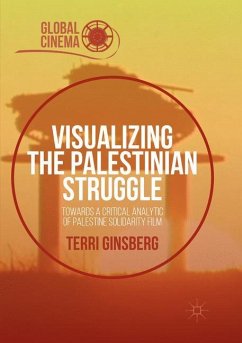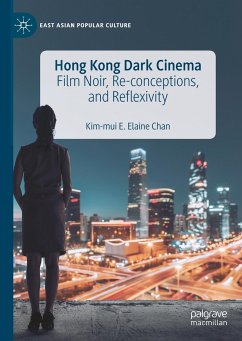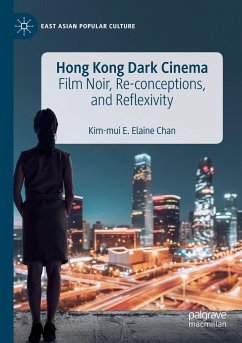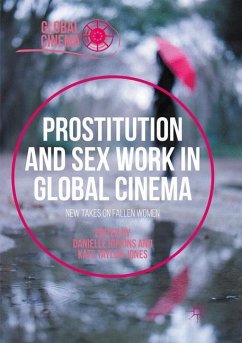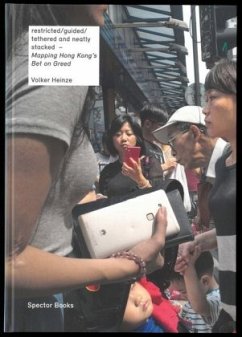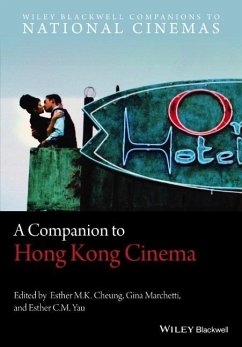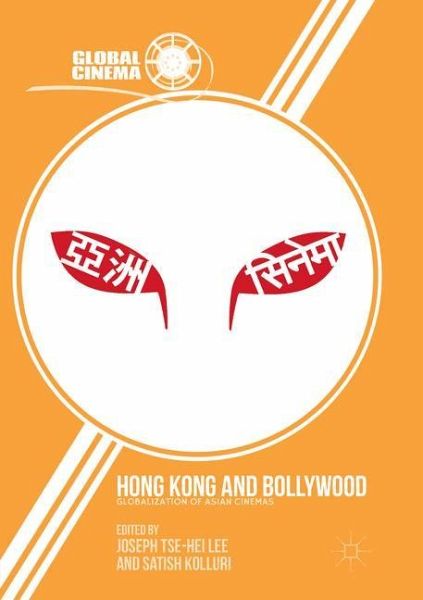
Hong Kong and Bollywood
Globalization of Asian Cinemas
Herausgegeben: Lee, Joseph Tse-Hei; Kolluri, Satish
Versandkostenfrei!
Versandfertig in 6-10 Tagen
68,99 €
inkl. MwSt.

PAYBACK Punkte
34 °P sammeln!
This volume examines the transmission, reception, and reproduction of new cinematic styles, meanings, practices, and norms in early twenty-first-century Asia. Hong Kong and Bollywood offers new answers to the field of inter-Asian cultural studies, which has been energized by the trends towards transnationalism and translatability. It brings together a team of international scholars to capture the latest development in the film industries of Hong Kong and Mumbai, and to explore similar cross-cultural, political, and socioeconomic issues. It also explains how Hong Kong and Bollywood filmmakers h...
This volume examines the transmission, reception, and reproduction of new cinematic styles, meanings, practices, and norms in early twenty-first-century Asia. Hong Kong and Bollywood offers new answers to the field of inter-Asian cultural studies, which has been energized by the trends towards transnationalism and translatability. It brings together a team of international scholars to capture the latest development in the film industries of Hong Kong and Mumbai, and to explore similar cross-cultural, political, and socioeconomic issues. It also explains how Hong Kong and Bollywood filmmakers have gone beyond the traditional focus on nationalism, urbanity and biculturalism to reposition themselves as new cultural forces in the pantheon of global cinema.





